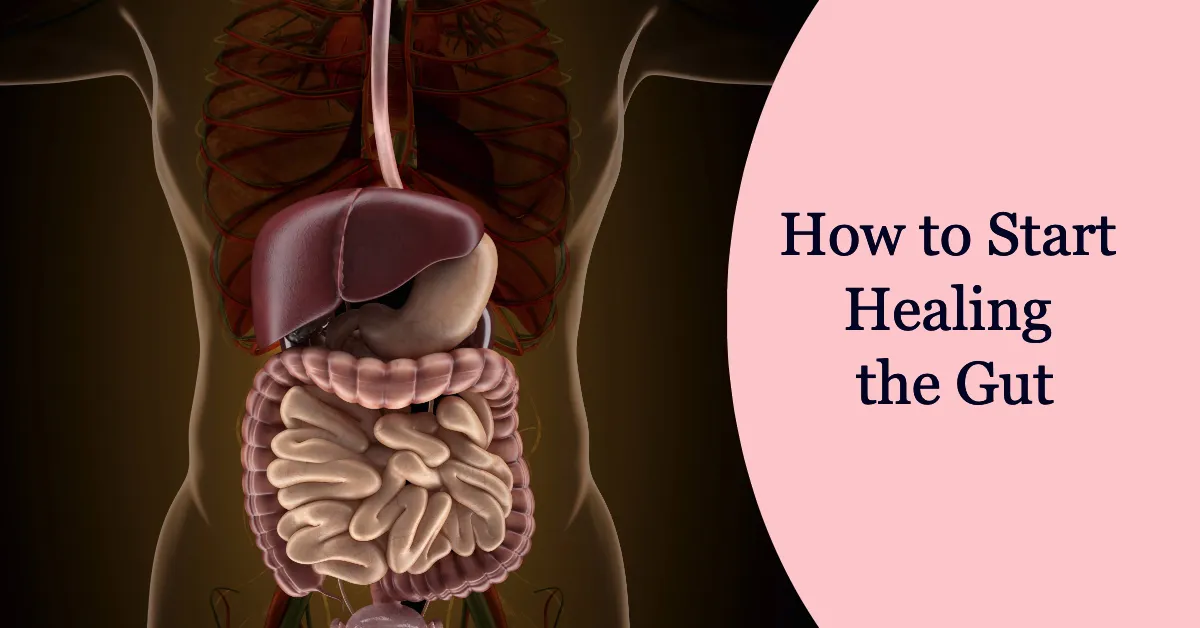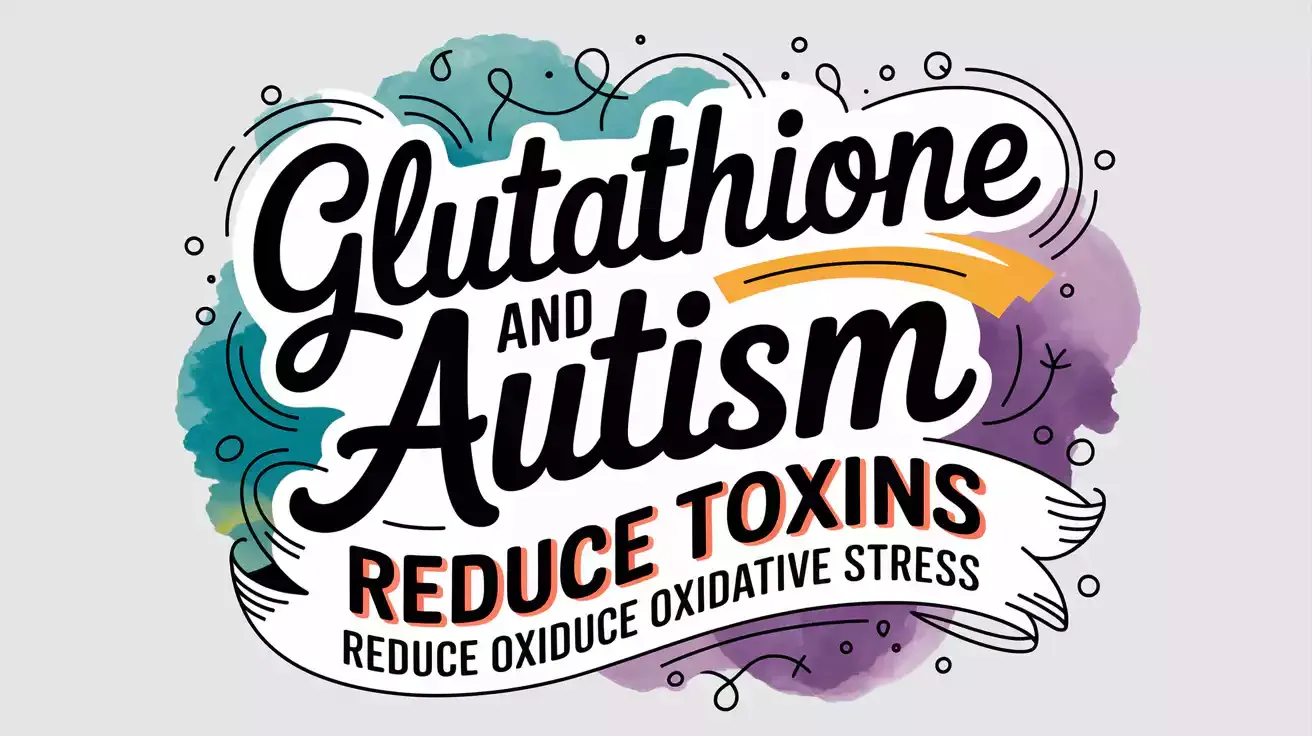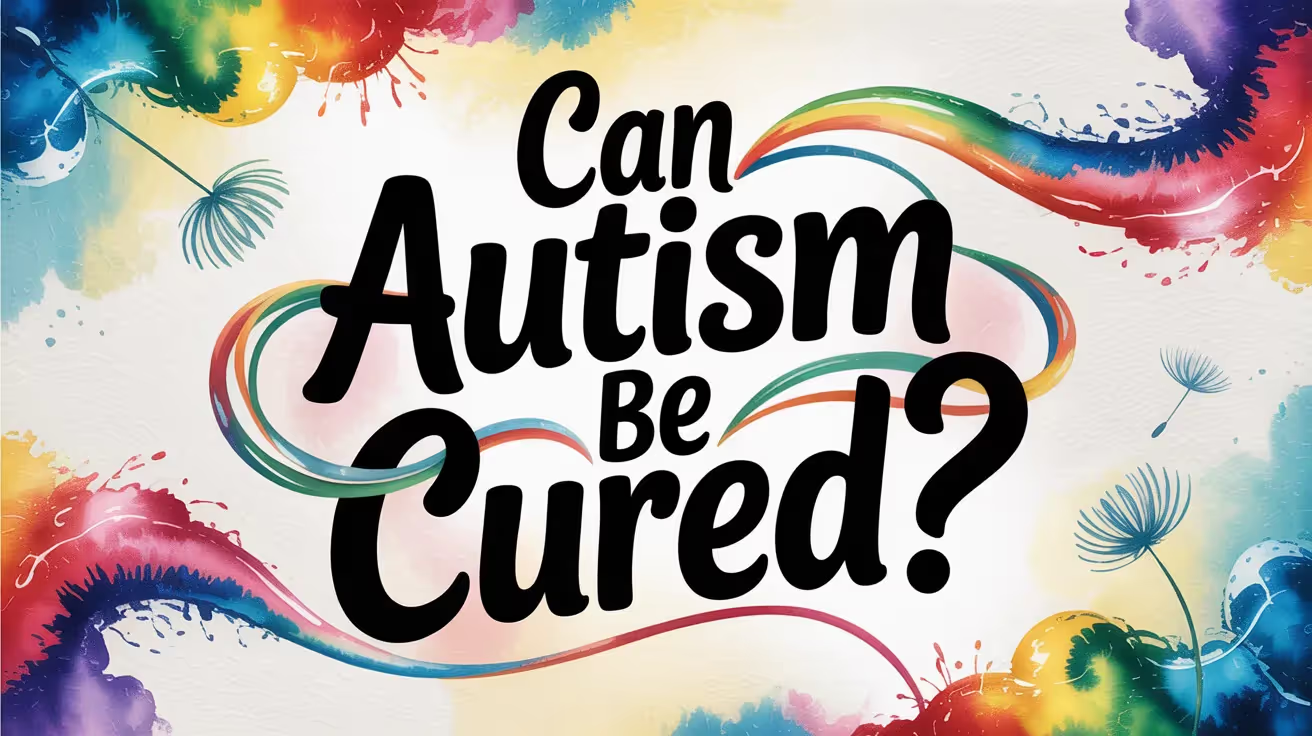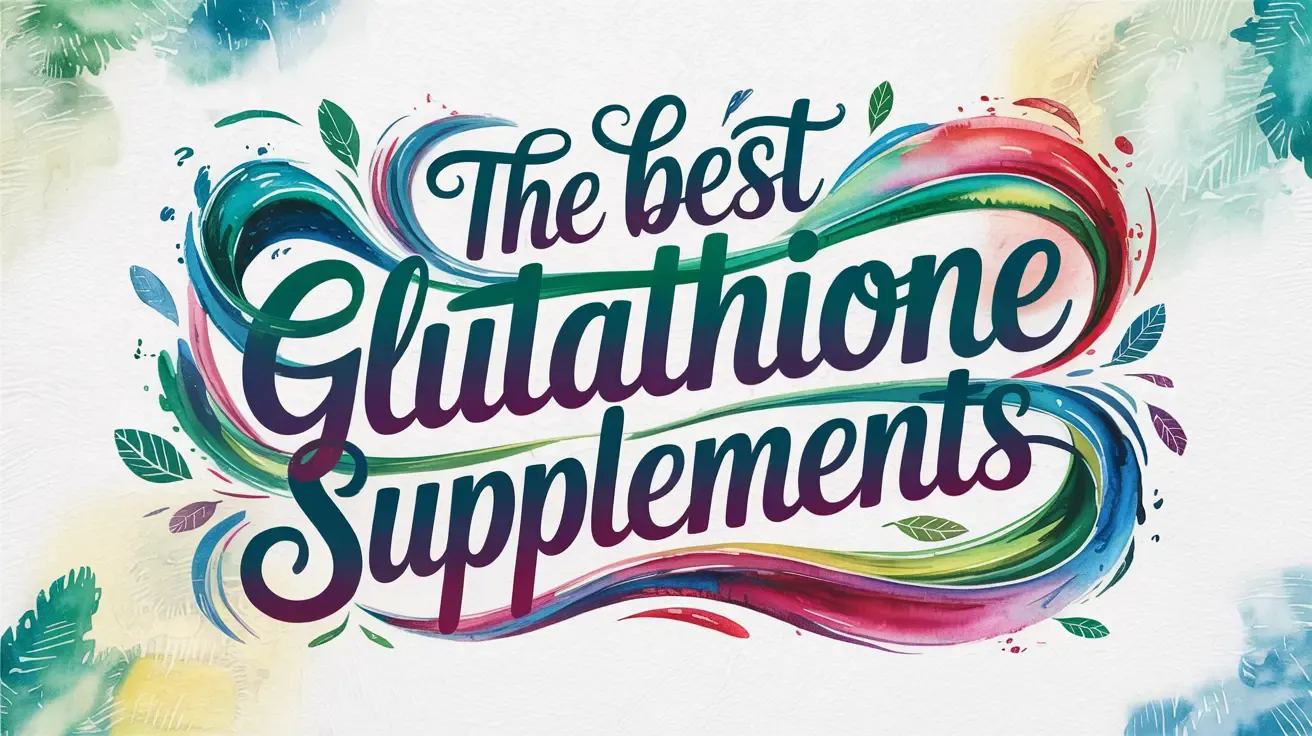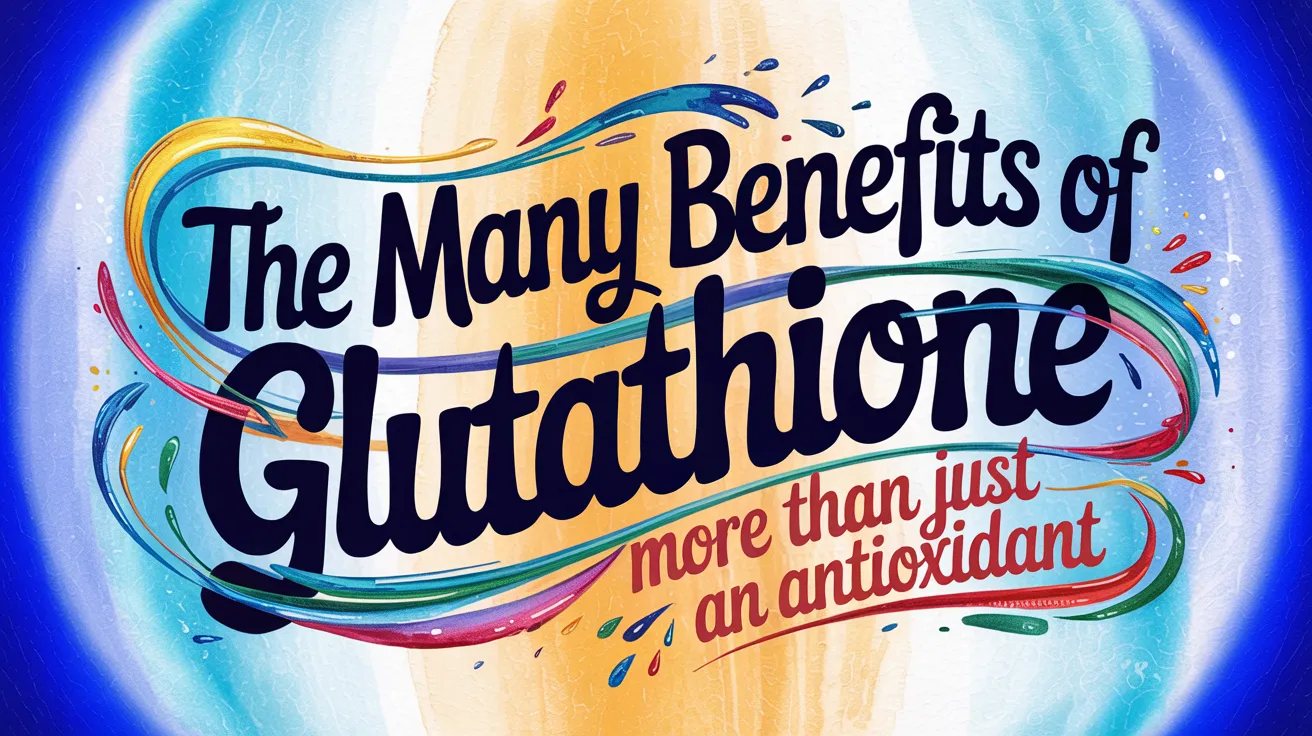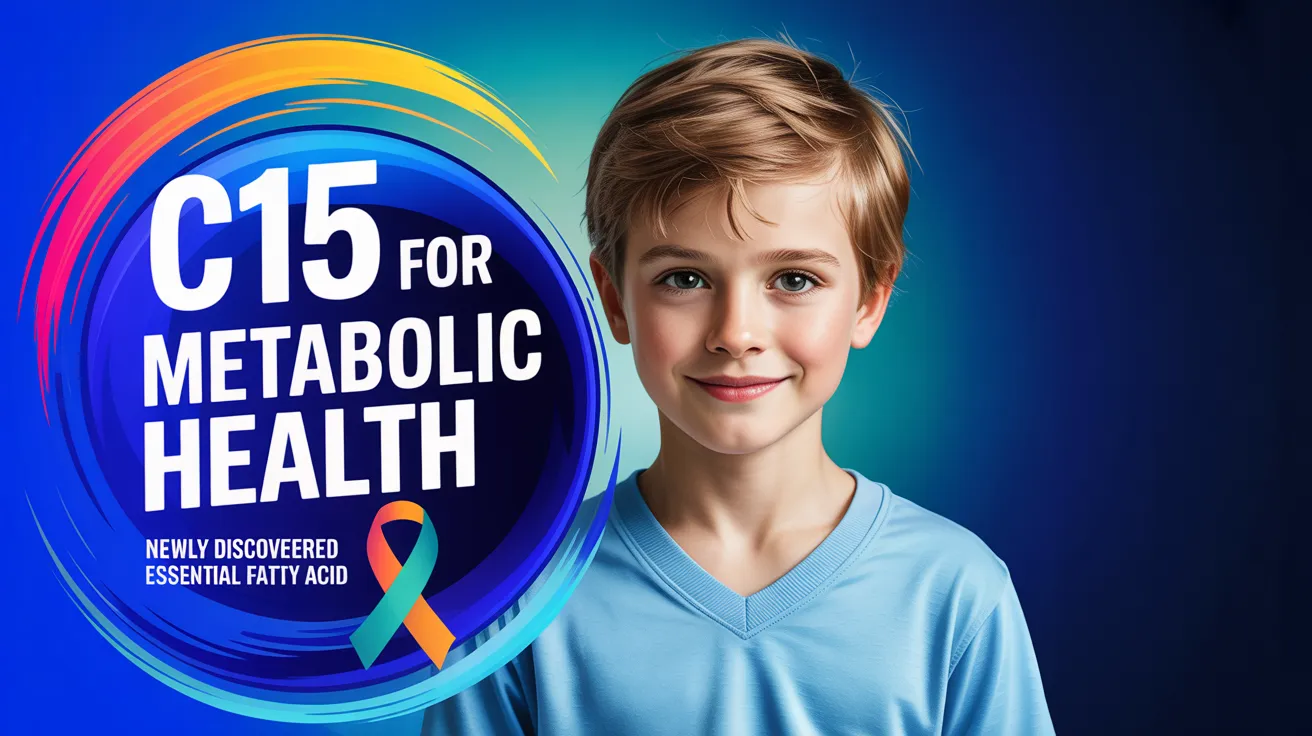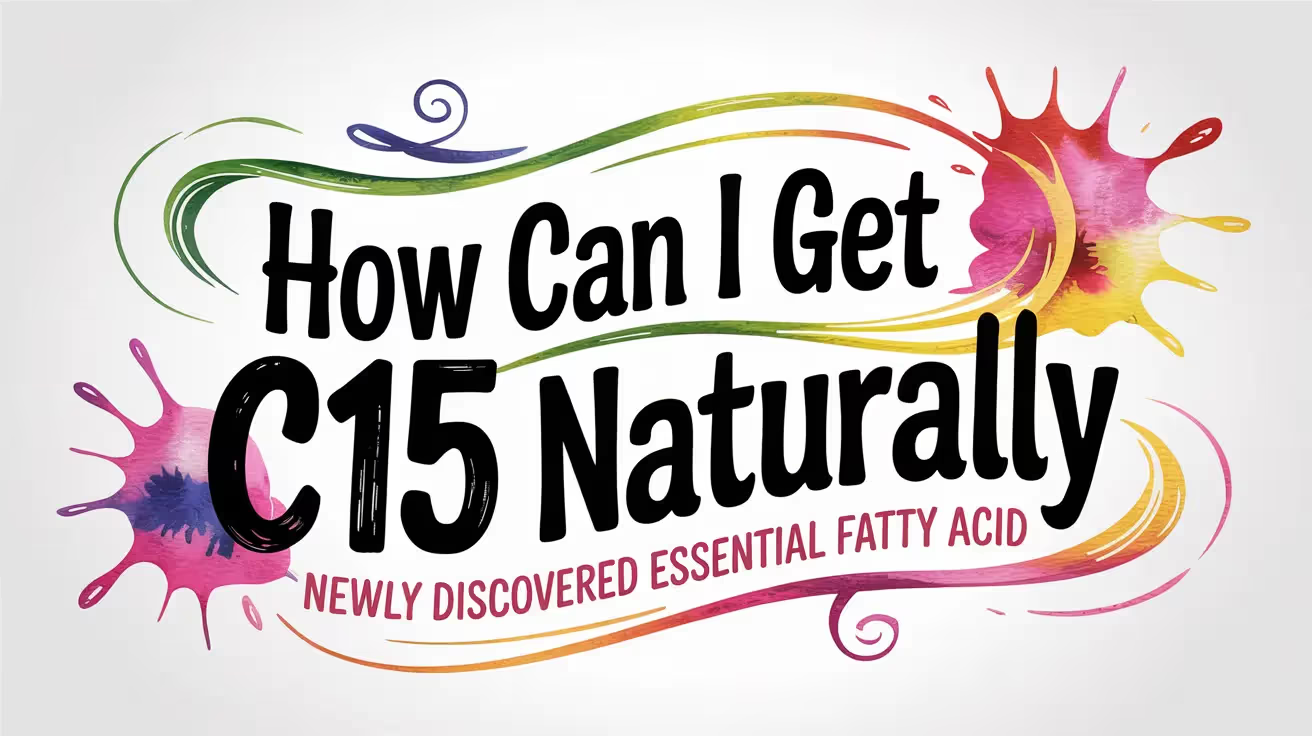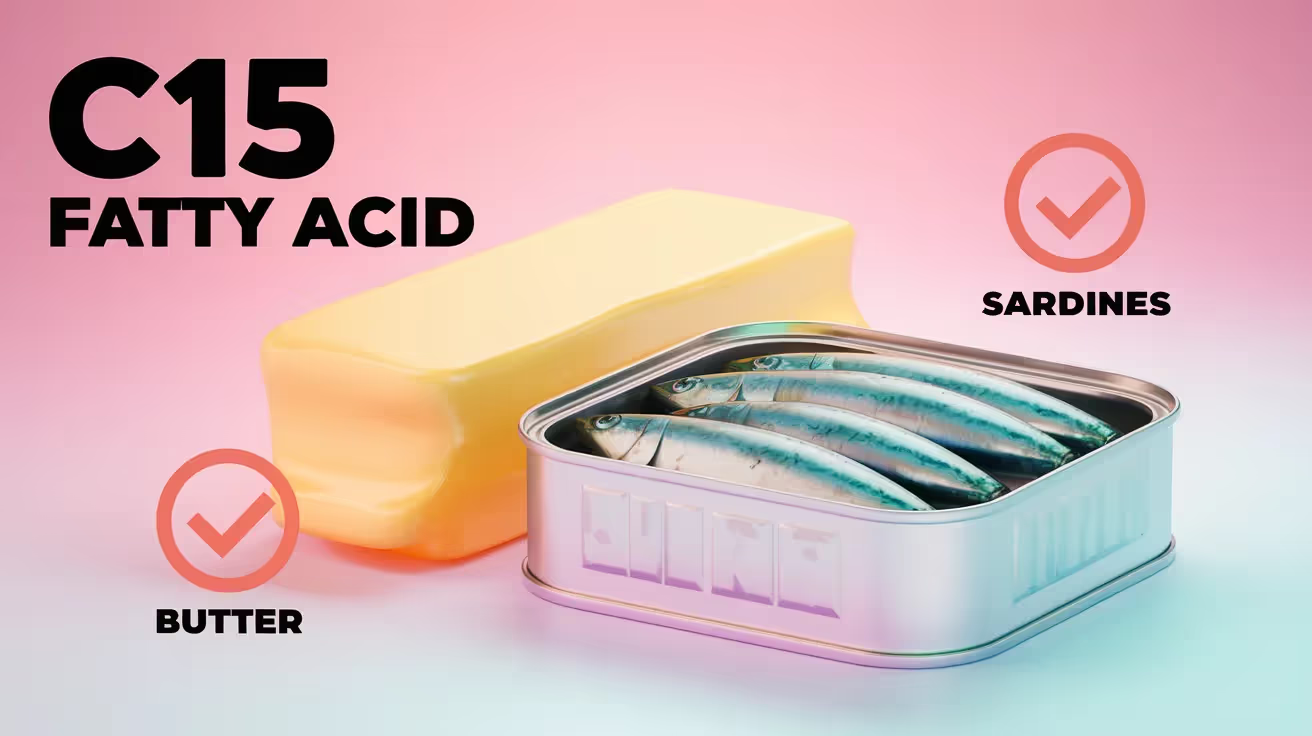Nurturing gut health is an essential component to healing autism. As parents, we must take the step towards improving our children's microbiome and increasing their chances of success. But reducing overgrown bacteria and creating an environment that promotes good microbes are not easily understood processes.
Gut health and autism are important to be looked at together. There's enough evidence showing the benefits, that even the more sceptical parents and professionals are taking it more seriously.
This blog post breaks down these steps for you into easy-to-follow strategies as part of a comprehensive approach to treating autism so that you can confidently and effectively care for your child's gut. Starting from the mouth, we will explore every aspect needed to reduce overgrown bacteria, rebuild wanted microbes with added diversity, and create a positive environment for beneficial bacteria to thrive in.
General Gut Healing Guidelines
To properly heal the gut and promote a healthy microbiome, here is my general approach:
Reduce overgrown bacteria
Create an environment to promote the good guys
Rebuild the wanted microbes and create diversity
These steps are the basis for the remaining post in this gut health series. The remaining blog articles will lay out some strategies to reduce the overgrown bacteria that you and your child already have. I’ll then cover how to create the right environment that will allow the good guys to thrive, before ending with tips to rebuild the wanted microbes and add diversity. Before going deeper into tips to reduce the overgrown bacteria, I’ll cover the mouth and stomach. Looking after the mouth is key to improving gut health, but is very often overlooked.
First Steps To Healing The Gut
Mouth
It’s important to remember that the mouth gets first access to the food consumed. Bacteria from the mouth can pass further down into the digestive system via the food we consume. We could spend a lot of effort balancing the colon, as described later, but if the mouth is ignored, there can be a constant supply of unwanted microbes continuing down the digestive tract with every mouth full of food.
It can be as if we’re taking a capsule of unwanted probiotics per day, just by eating. Looking after the mouth can help this situation. To read more about probiotics, we also have a post about probiotics for autism.
In the case of Paediatric Autoimmune Neuropsychiatric Disorders Associated with Streptococcal Infections (PANDAS), which results in OCD behaviour and other symptoms that affect learning, mouth health is very important. The Strep bacteria that is at the root of this disorder, can flourish in the mouth. You can be implementing a treatment for PANDAS that never results in complete long-term success. This may be as a result of never removing enough strep from the mouth. The bacteria can be difficult to remove from the mouth, due to the biofilm which protects them. Looking after the mouth is an important early step in improving gut health. Normal mouth hygiene is important, with regular careful brushing.
Using a quality mouthwash with xylitol and/or essential oils may be beneficial. Also, consider rinsing with colloidal silver. Other ingredients that I like to use in a warm mouthwash or throat gargle are 3 drops of iodine and a few pellets of Lauricidin. Also, the obvious one is to starve the strep, and the best way to starve strep is to remove sugar from the diet. Stop having sweet drinks and sugary foods. To reduce biofilms, an enzyme supplement such as Kirkman Labs, Biofilm Defense may help. You can also try Lauricidin, colloidal silver and iodine to reduce unwanted bacteria and biofilms. Other antimicrobials that may help reduce biofilms include:
berberine
citrus seed extract
black walnut hulls
Artemisia herb
echinacea
goldenseal
gentian
fumitory
galbanum oil
oregano oil
Mouthwash Recipe
60ml boiling water
6 pellets of lauricidin
1/4 tsp Xylitol
1 drop each of oregano essential oil.
2 drops of each oftea tree, frankincense, clove.
3 Drops of iodine solution equivalent to 150 mcg of iodine.
Mix with a handheld mixer or milk frother such as the Aerolatte. Wait until cooled enough to gargle, but as hot as can be tolerated safely.
Stomach
Many people have long-term issues with reflux or heartburn. The standard approach is to self treat using some an anti-acid treatment. This is often done without help from a doctor to find out the actual cause of the symptoms. Because the symptom is an acidic feeling up around the chest, as the acid rises, people assume it’s a problem of too much acid. The stomach is meant to be acidic, but the acid should stay in the stomach and not travel up the oesophagus.
So the question shouldn’t be, ‘how do I reduce the acid?’, it should be ‘how do I stop the acid from travelling up the oesophagus?’Food is meant to be treated with acid in the stomach quickly, so it can then liquify and proceed into the small intestine. The bacteria in the stomach, predominately H-Pylori, shouldn’t get much of an opportunity to ferment the food before it moves onto the small intestine. There shouldn’t be much bacteria in the stomach at all. To stop food fermenting in the stomach and creating pressure, reduce bacteria in the stomach and don’t overeat.
When there is too much H-Pylori in the stomach, two things can happen:
The food ferments. The pressure resulting from fermentation may overcome the lower esophageal sphincter, allowing acid to rise. Foods that take too long to digest in the stomach also contribute to further fermentation. Experts report that food being in the stomach too long may also weaken the sphincter.
H-Pylori can reduce stomach acid leading to slower stomach digestion. Slower stomach digestion allows more time for fermentation and more pressure. Lowering stomach acid also promotes H-Pylori to thrive. This combination contributes to further increases in stomach fermentation and weakening of the lower esophageal sphincter. Low stomach acid can also cause other digestion issues, and lack of ability to absorb nutrients efficiently.
It may be essential to see your doctor about reducing stomach bacteria if you have symptoms of reflux. I urge you to ask the doctor for further testing before accepting an anti-acid treatment. Anti-Microbials, as mentioned later in this series, may also be worth considering. Hopefully, you see the value of exploring the world of autism and gut health. These first steps are important and often overlooked. Often we ignore the importance of the mouth in gut health. Please explore my other posts that look at other aspects of gut health. Possibly to next place to go is to make sure you don't waste money on probiotics.
Frequently Asked Questions
Why is gut health so important for autistic children?
Gut health plays a crucial role in overall well-being, especially for autistic children. Many experts believe that the gut-brain connection influences behavior, mood, and cognitive function. An imbalanced gut microbiome can lead to issues like digestive discomfort, inflammation, and even affect neurological functioning. By supporting a healthy gut, you're potentially reducing some behavioral symptoms and improving your child's quality of life. This involves promoting good bacteria through diet, limiting processed foods, and possibly incorporating supplements or probiotics under guidance.
How can I tell if my child's mouth and teeth health are affecting their gut health?
Signs that oral health might be impacting gut health include frequent mouth infections, gum inflammation, tooth decay, or infections like thrush. These issues can introduce harmful bacteria into the digestive system, disrupting the balance of gut microbes. Additionally, if your child has trouble chewing or avoids certain foods due to mouth pain, it may lead to nutritional deficiencies, which can affect gut health. Regular dental checkups, good oral hygiene practices, and watching for mouth sores or infections are key steps. If concerns persist, consulting a pediatric dentist and a healthcare provider for an integrated approach is advisable.
What specific nutritional strategies can support healing the gut through the mouth?
Supporting gut healing via the mouth often involves dietary adjustments aimed at reducing inflammation and promoting good bacteria. Consider incorporating the following strategies:
- Remove processed and sugar-laden foods: These can promote harmful bacteria and yeast.
- Include probiotic-rich foods: Such as yogurt, kefir, sauerkraut, and fermented vegetables.
- Boost prebiotic foods: Like garlic, onions, leeks, and bananas to nourish beneficial bacteria.
- Ensure adequate hydration: Water supports digestion and mucosal health.
- Consider digestion-friendly supplements: Such as glutamine, which may help repair gut lining — but always consult a healthcare professional before adding supplements.
Consulting with a pediatric nutritionist or integrative healthcare provider can help tailor these strategies to your child's specific needs.
What are the common technical tests used to assess gut issues related to oral health in autistic children?
To evaluate gut health and identify potential issues stemming from oral and digestive sources, healthcare providers might recommend several tests, including:
- Stool analysis: Checks for imbalances in gut bacteria, infections, or parasites.
- Comprehensive digestive stool analysis (CDSA): Offers detailed insights into gut microbial composition and intestinal function.
- Food sensitivity and allergy testing: Identifies specific foods that may cause inflammation or discomfort.
- Candida or yeast overgrowth testing: Detects yeast overgrowth which can originate from or impact oral health.
- Oral swabs or microbial testing: Some specialists analyze mouth flora to identify pathogenic bacteria or imbalances.
Discussing these options with a holistic or integrative healthcare provider familiar with autism and gut health is essential for appropriate testing and interpretation.
Can improving my child's oral health really heal their gut, and if so, how long does it typically take?
Many practitioners believe that addressing oral health can significantly impact gut health because the mouth is the first point of entry for many bacteria and pathogens. Improving oral hygiene, treating infections, and reducing oral inflammation can decrease harmful bacteria entering the digestive system, thereby supporting gut healing. The timeline for noticeable improvement varies widely depending on factors like the severity of oral issues, the child's overall health, diet, and consistency of interventions. Usually, some improvements in digestion and behavior might be observed within a few weeks to a few months of consistent oral and gut health strategies. Remember, healing is a gradual process, and a multi-disciplinary approach often yields the best results.


